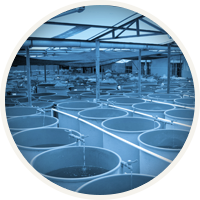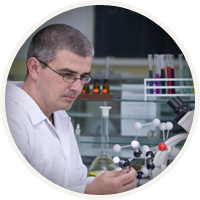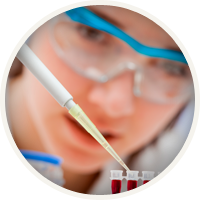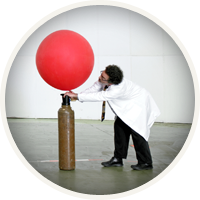
If you open a cabinet and see a skull and crossbones on a bottle, don’t rejoice—you haven’t found a pirate’s treasure (sadly). Just the opposite, in fact. That symbol means “poison,” and it’s the hard work of toxicologists that let us know what things out in the world may hurt or even kill us. Toxicologists do everything from testing cleaning products and medicine to examining pollution levels to helping police determine how someone died. They’re scientists, and most of the time they’re in labs doing research, using the latest equipment to determine how the human body will respond to all kinds of chemicals, gases, plants, and raw materials. It’s a growing career, since people are becoming more health conscious, so your college degree could nab you a high-paying job—and there’s certainly nothing toxic about that!
The Details
We eat food, use cosmetics, and clean around the house every day, and toxicologists are vastly important in making sure these household activities are totally safe for our bodies.
After the BP oil spill in the Gulf of Mexico in 2010, toxicologists were called in to determine if the seafood was safe to eat (since it’s a huge industry for that part of the country)—fortunately, their careful work concluded that there were no health risks with consuming Gulf shrimp in the months after the spill.






